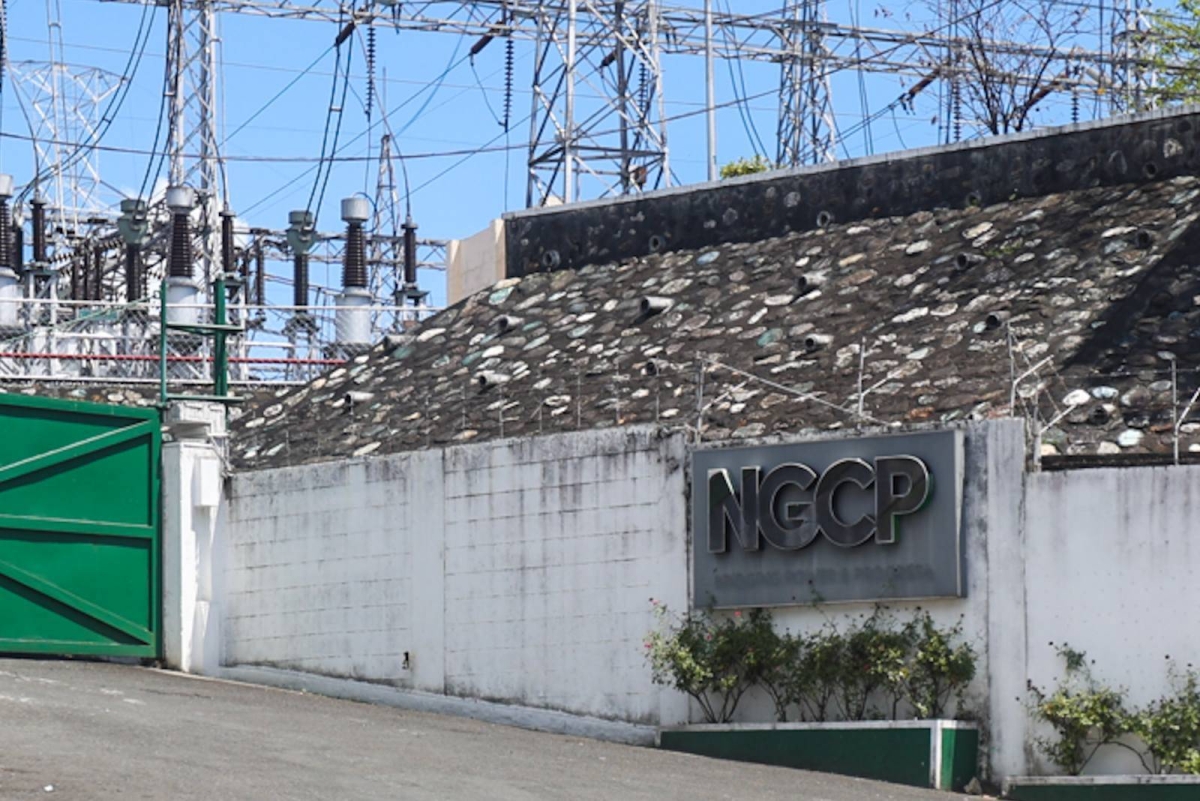The Temporary Suspension of Wholesale Electricity Spot Market (WESM) Operations
The Energy Regulatory Commission (ERC) has recently announced the temporary suspension of the Wholesale Electricity Spot Market (WESM) operations during red alerts. This decision was made in order to mitigate the anticipated increase in electricity prices, as stated by President Ferdinand Marcos Jr. during a Labor Day event in Malacañang.
The ERC’s decision to suspend WESM operations was based on notices issued by the system operator, the National Grid Corp. of the Philippines (NGCP). President Marcos highlighted that the extreme heat and subsequent rise in power consumption would result in an increase in prices. Therefore, the temporary suspension of WESM operations during red alerts aims to prevent a hike in electric bills, particularly amid the calamity caused by El Niño.
Understanding the Wholesale Electricity Spot Market (WESM)
The Wholesale Electricity Spot Market (WESM) was established under Section 30 of Republic Act 9136, also known as the Electric Power Industry Reform Act of 2001. It serves as a venue for trading electricity as a commodity. Power generators utilize WESM to sell their excess capacities that are not covered by contracts, while customers have the opportunity to purchase additional capacities on top of their existing contracts.
The Yellow Alert and Power Outages
Due to the lack of available reserves, the Luzon grid has been placed on yellow alert for the third consecutive day. A yellow alert is issued when the operating margin is insufficient to meet the transmission grid’s contingency requirement. The Department of Energy reported that in April 2024, over 32 power plants experienced unexpected power outages, setting a record. A total of 1,811 megawatts (MW) of power were lost, which is more than double the average of 700 MW lost from 2019 to 2023.
In response to the current high demand for electricity, President Marcos assured the public that the government is implementing plans and strategies to manage power prices. The administration is closely monitoring the situation and endorsing programs by NGCP to increase the coverage of transmission lines across the country. President Marcos emphasized that the electricity crisis is not manmade but a result of overloaded power systems and the extreme heat causing a sudden increase in consumption.
ERC’s Report on Red and Yellow Alerts
The ERC has reported that the electricity grid has been experiencing red and yellow alerts since April 16, 2024. These alerts are a result of the continuous significant increase in electricity demand combined with the number of generation plants that have gone offline or are operating at a lower capacity. The data gathered by ERC reveals that the durations of red and yellow alerts have increased in the Luzon and Visayas grids during the first four months of the year.
In the Luzon grid, the red alert duration has risen to 20 hours and 46 minutes in the first four months of 2024, compared to no records of red alerts during the same period in 2023. Similarly, the Visayas grid has experienced an increase in red alert duration, reaching 24 hours and 14 minutes in the first four months of 2024, compared to three hours and 59 minutes recorded in the same period of 2023.
During the period when WESM operations are suspended, the ERC has stated that either an agreed administered price or a lower figure will be applied if conditions are applicable. This measure aims to address the challenges posed by the increasing electricity demand and the limited capacity of generation plants.
In conclusion, the temporary suspension of WESM operations during red alerts is a proactive measure taken by the ERC to mitigate the anticipated increase in electricity prices. By closely monitoring the situation and implementing strategies to manage power prices, the government aims to ensure that electricity bills do not significantly rise during this crisis. The challenges posed by the increasing electricity demand and power outages require collaborative efforts from various stakeholders to ensure a stable and affordable supply of electricity in the Philippines.







